Oracle Forms Migration
10 article(s) tagged with Oracle Forms Migration

2026-01-18
Will Java 9 or Java 10 Be Supported with Oracle Forms?
Applies to Oracle Forms - Version 11.1.1.7.0 and later. Objective: To clarify the support/certification status of Java 9 and Java 10 with Oracle Forms.

2026-01-18
Oracle Forms Upgrade: Compiling a 12c Form Results in "Error 801 Internal Error Unexpected fragile
When attempting to compile a form in Forms 12c, the following error occurs: Error 801 at line1, column 1 Internal error [Unexpected fragile external reference.] The error occurs when inside a package body, defined in the form module, a program unit opens a cursor defined in its package specification. The same form module compiles successfully in Oracle Forms 11g and 10g.

2026-01-18
How to upgrade Oracle Forms to version 12.2.1.19?
This chapter describes how to upgrade Oracle Forms from version 12.2.1.3 or 12.2.1.4 to version 12.2.1.19

2026-01-18
Oracle Forms Upgrade to version 14c – it is worth it?
Modern development practices often involve newer frameworks and technologies, but Oracle Forms continues to be used in many legacy systems due to its deep integration with Oracle databases. Many of us have heard about the anticipated release of Oracle Forms version 14, which was initially scheduled for mid-2022.
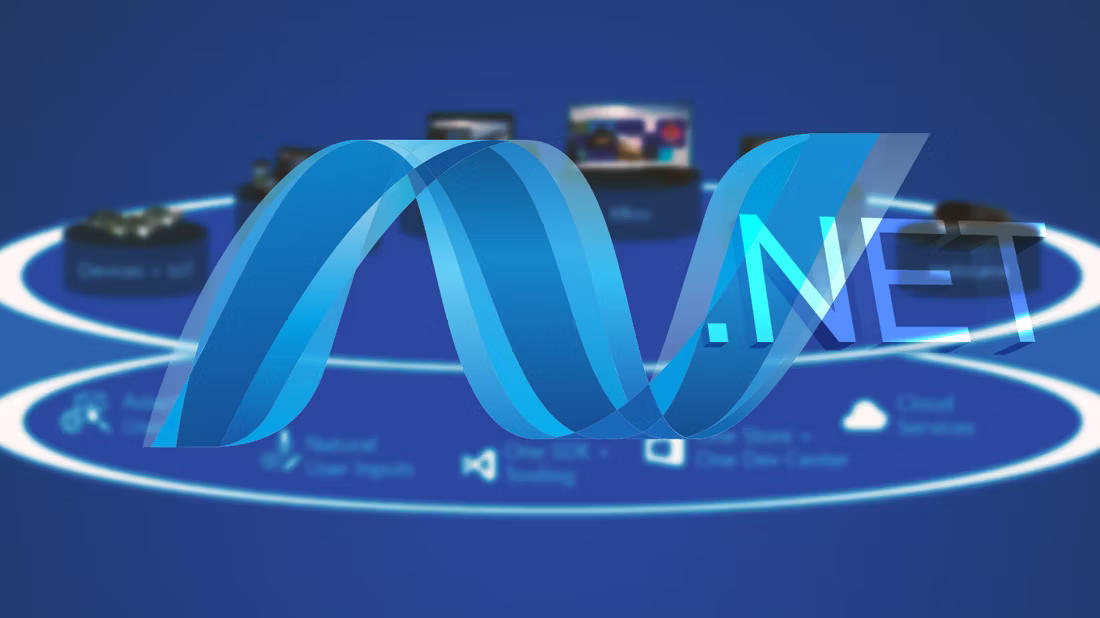
2026-01-18
Oracle Forms to .NET Migration
While .NET offers many benefits, several organizations have experienced challenges and failures in their migration projects. These issues have caused numerous projects to fail in achieving their goals.

2026-01-18
Automated Oracle Forms Conversion to Java/JS on React/Angular
Automated forms conversion to modern technologies like Java, React, or Angular presents a compelling solution for companies looking to upgrade their systems while minimizing disruptions. This blog explores the historical context of Oracle Forms, the challenges of continuing with this legacy platform, and why automated conversion to Java, with options for Angular or React front-end, is the most cost-effective and forward-thinking approach.
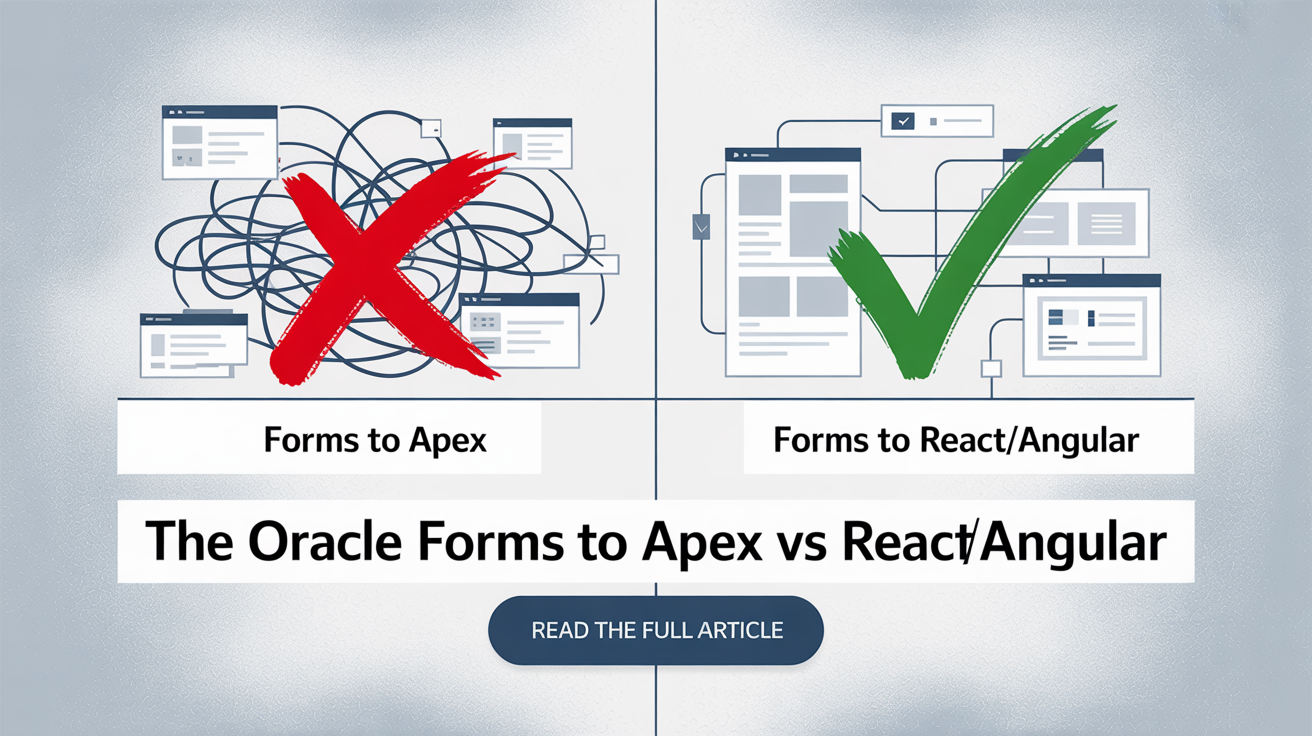
2026-01-18
Migrate Oracle Forms and Reports to APEX vs. React/Angular - Functionalities comparison
Migrating Oracle Forms and Reports to Oracle APEX provides extensive built-in functionality, but it often comes at the expense of flexibility. This article features a thorough comparison of the features provided by Oracle APEX and React/Angular in the context of an Oracle Forms modernization comparing one approach to the other.
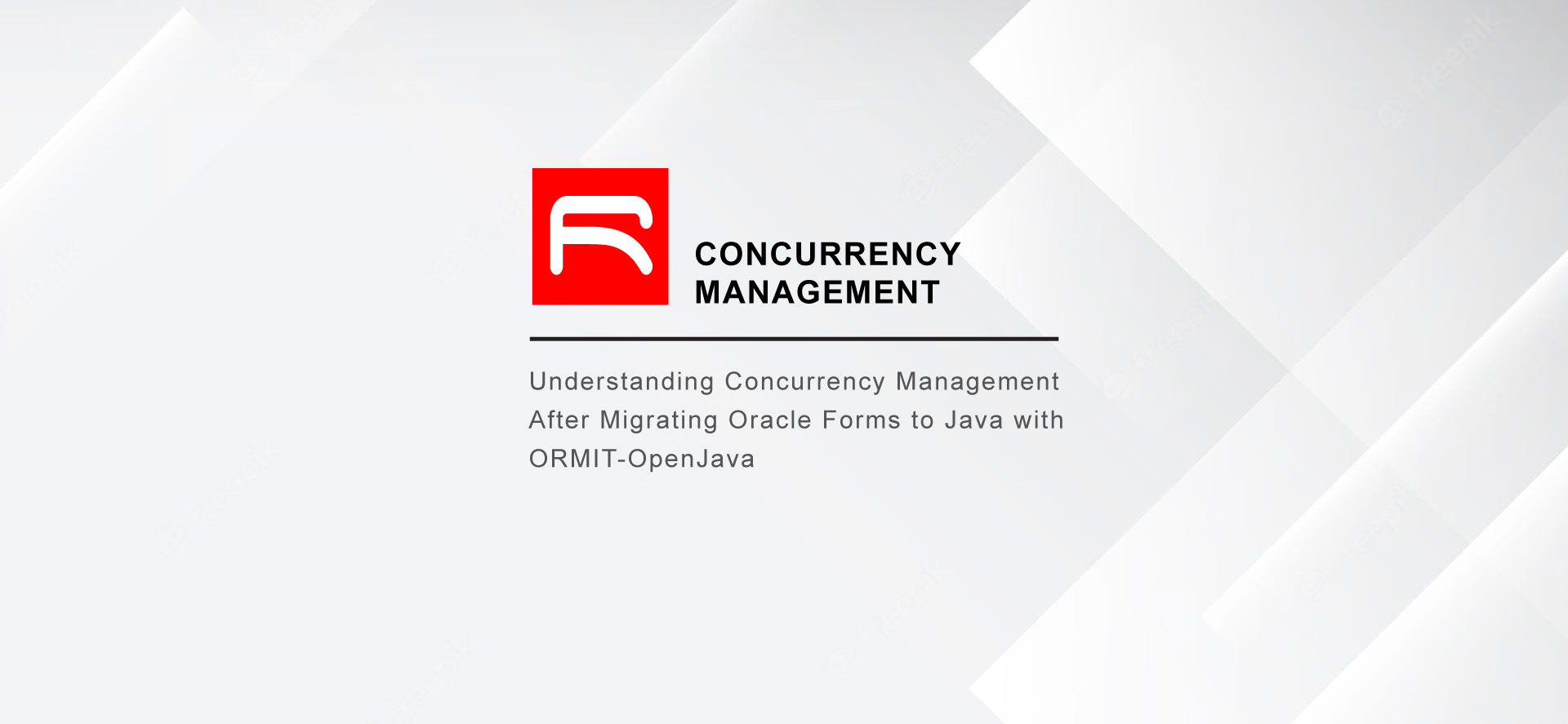
2026-01-18
Understanding Concurrency Management After Migrating Oracle Forms to Java with ORMIT™-OpenJava
Concurrency management in modernized applications requires rethinking session control, locking, and performance compared to traditional Oracle Forms. This article explains how ORMIT-OpenJava handles concurrency distinctively, with scalable patterns for multi-user environments that preserve data integrity, reduce contention, and align with modern web architectures, providing smoother experiences and fewer runtime conflicts.
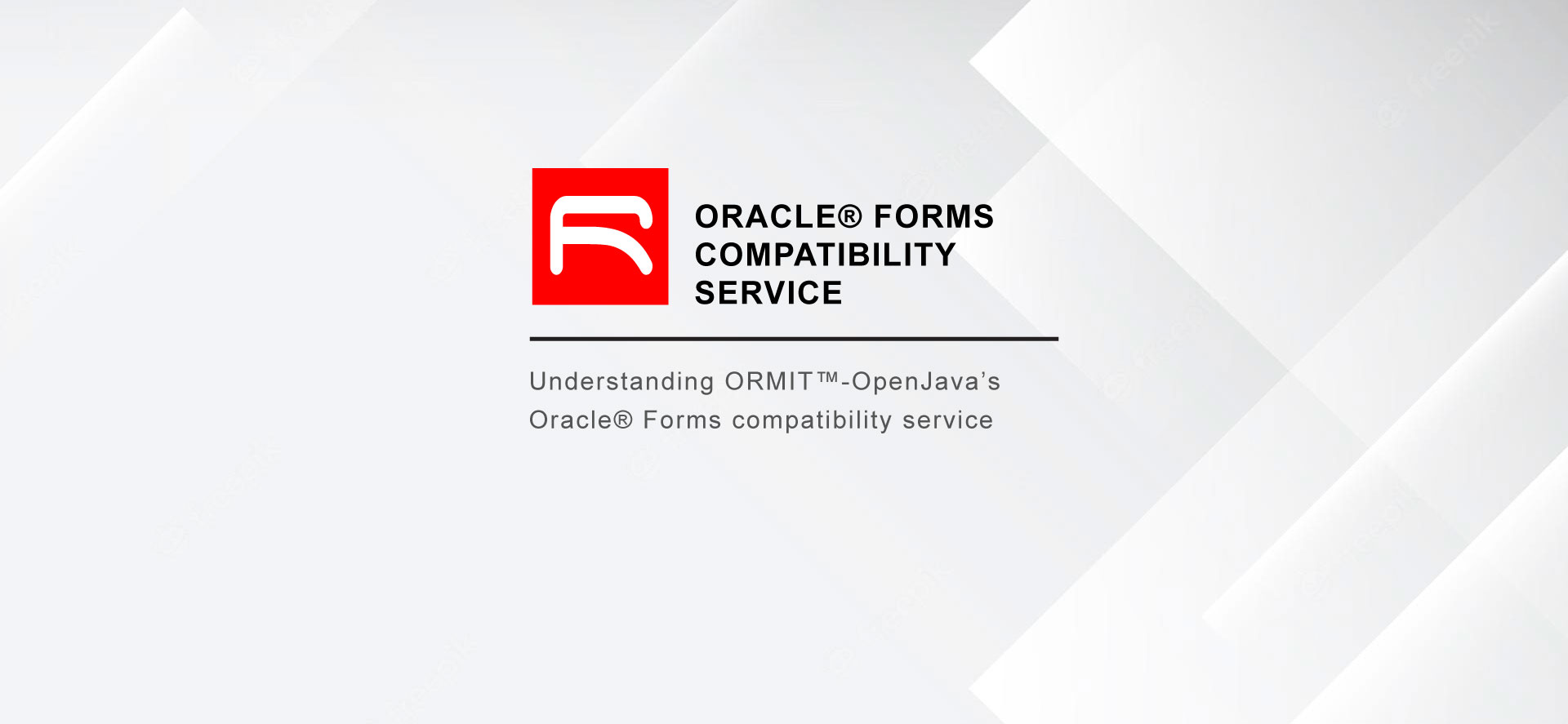
2026-01-18
Understanding ORMIT™-OpenJava’s Oracle Forms compatibility service
The Oracle Forms compatibility service (OFCS) is a critical component in the ORMIT™-OpenJava architecture, designed by RENAPS to ensure compatibility with Oracle Forms features while embracing modern web standards. Its inclusion is intentional and allows for seamless handling of legacy Forms logic, centralized validation, and optimized code management.
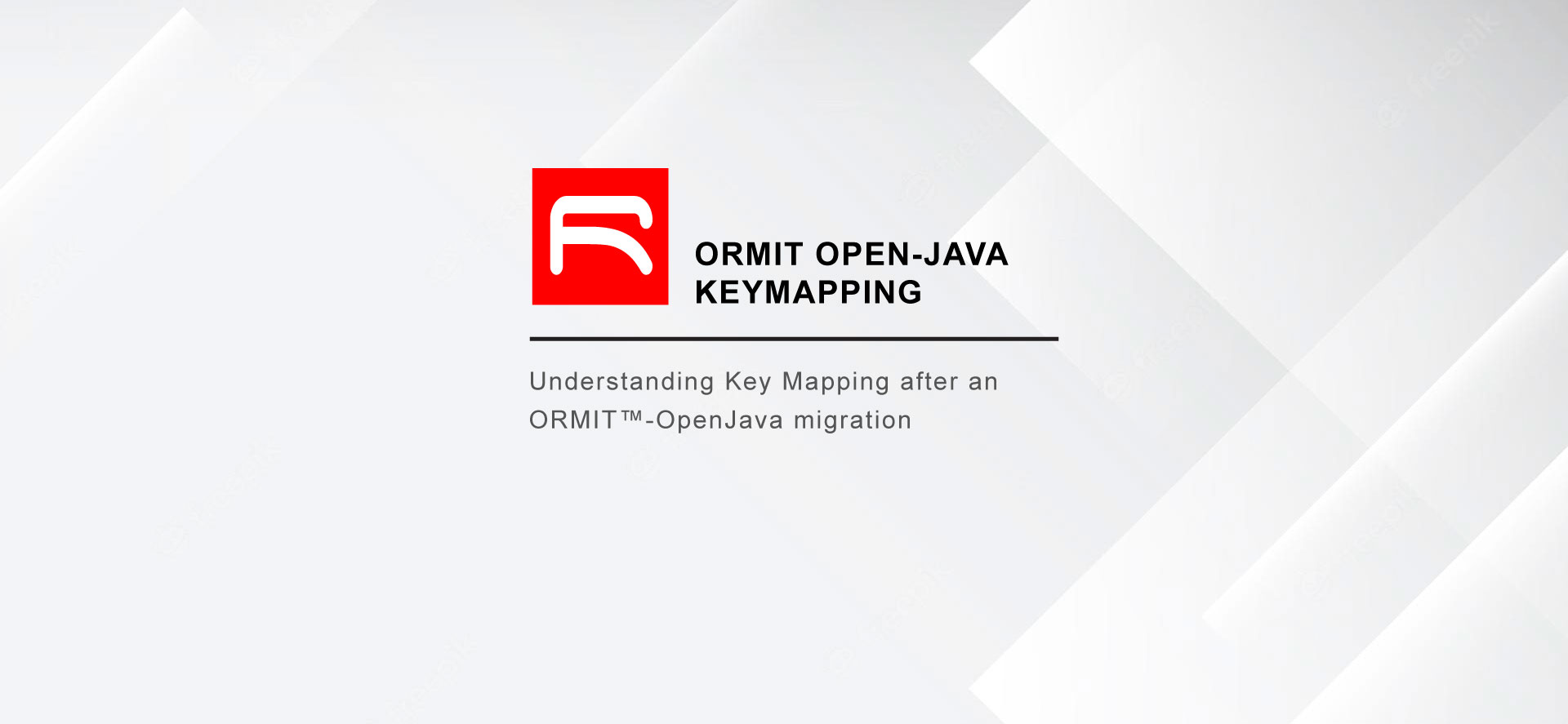
2026-01-18
Understanding Key Mapping after an ORMIT™-OpenJava migration
ORMIT™-OpenJava keeps the same key mappings as Oracle Forms by default, ensuring a seamless transition with no change management required. Fully customizable via key_mappings.mjs, it offers improved readability and control.